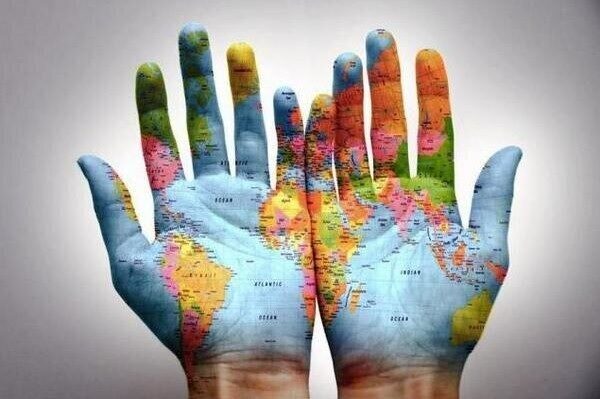Our prayer for others
16 December 2021When we hear about prayer, our thoughts usually turn to two things: what should I ask for, and what should I request for myself and the people I love. It appears that selfishness touches all aspects of life, defines and tarnishes them.
But, according to the Lord’s words, entry into the Kingdom of God is open to anyone who has tried to apply the command: ‘Deny yourself’. That is to say, those whose love has overcome their egocentrism.
All of Christ’s friends, aligning themselves with his teaching and his life, abandoned their self and opened up to the boundless extent of his love, which embraces everyone, wherever they may be in the world, and whole-heartedly shares their pains and troubles.

This sharing is best expressed in prayer. Saint Iosif the Hesychast wrote in one of his letters: ‘If someone were to be with me, they’d hear my prayers and sighs and they’d see the tears I shed for my brothers. I pray all night and cry aloud: Lord, either save all my brethren or eliminate me, as well. I don’t want Paradise by myself’.
And Saint Porfyrios Kavsokalyvitis used to say: ‘You can’t be saved alone, if the others aren’t. It’s a mistake to pray only for yourself to be saved. We have to pray for everyone else to be saved, as well’.
The Church, as a communion and relationship, signifies Paradise, whereas solitariness, egocentrism, demonstrates the opposite. These are the states in which we live in this age, and they determine the eternal day.
Love is, of course expressed in a variety of ways, but all of them spring from a loving heart. Prayer ‘for the whole world’ is an attribute of people who love, not emotionally but existentially, with their whole being and therefore meaningfully.
But can anyone boast of perfect love without there also being a trace of egotism. The extent to which we overcome egotism determines the increase in our love and vice versa. And so we make our way forwards, strive and exercise our will. Everything else will be accomplished by God’s Grace, which ‘heals that which is sick and supplies that which is lacking’.
If it is the case that the time and effort we devote to prayer is an indication of the relationship we share with God, then the prayers we say for others show the quality of our love.
And if, initially, we pray egotistically, like children selfishly asking parents to meet their personal needs, that’s still a relationship. This shaky relationship may evolve into a communion within which we can meet people, so that their pain can become ours. In this way we can experience the consubstantiality of human nature.
We will then experience the proximity of the Kingdom of God, his love, and the beauty of belonging to humankind, to the large family which has God as its Father.






